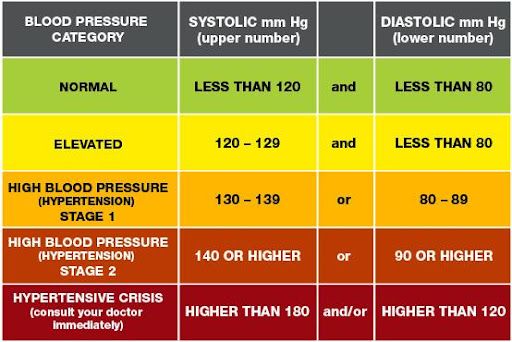Monitor Your Heart Health
Written by: Unknown Author
Not Published
Many factors influence healthy aging and your heart health. Some of these, such as genetics, are not in our control. Others — like exercise, a healthy diet, going to the doctor regularly, and taking care of our mental health — are within our reach.
Daniel Forman, MD, chair of the Section of Geriatric Cardiology at the University of Pittsburgh Department of Medicine, says in your 50s and 60s, you have an opportunity to keep your heart as healthy as it can be, so it has a much longer trajectory.
Exercise
Exercise is good for your heart and cardiovascular health. The World Health Organization (WHO) names hypertension as one of the most prominent causes of premature death worldwide.

For that reason, industry experts suggest just 30 minutes of light aerobic exercise, five times a week to reduce blood pressure, lower stress, and decrease your risks of cardiovascular problems, colon cancer, and diabetes.
Mediterranean Diet
Making smart food choices can also help protect you from certain health problems as you age and may even help improve brain function.
The research shows that the Mediterranean-style eating pattern, which includes fresh produce, whole grains, and healthy fats, but less dairy and more fish than a traditional American diet, may have a positive impact on health. A study done by National Library of Medicine including over 20,000 participants has shown that people who follow the Mediterranean style eating have a significantly lower risk of sudden cardiac event.
Mayo Clinic defines Mediterranean diet as a diet that’s based on the traditional cuisines of Greece, Italy and other countries that border the Mediterranean Sea.
Plant-based foods, such as whole grains, vegetables, legumes, fruits, nuts, seeds, herbs and spices, are the foundation of the diet. Olive oil is the main source of added fat.
Fish, seafood, dairy, and poultry are included in moderation. Red meat and sweets are eaten only occasionally.
Getting Enough Sleep
Getting enough sleep helps you stay healthy and alert. Even though older adults need the same seven to nine hours of sleep as all adults, they often don’t get enough. Not getting enough quality sleep can make a person irritable, depressed, forgetful, and more likely to have falls or other accidents. Taking steps to proactively prepare for a restful night’s sleep can help older adults get the sleep they.
- Limit Caffeine and Energy Drink Consumption.
- Create a consistent bedtime schedule.
- Exercise before bedtime.
- Read book/newspaper.



